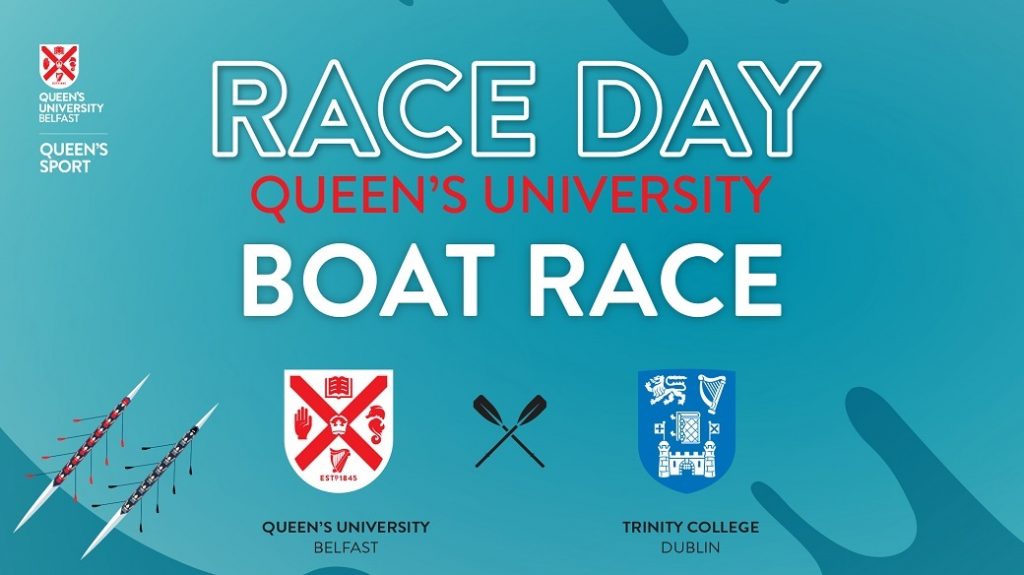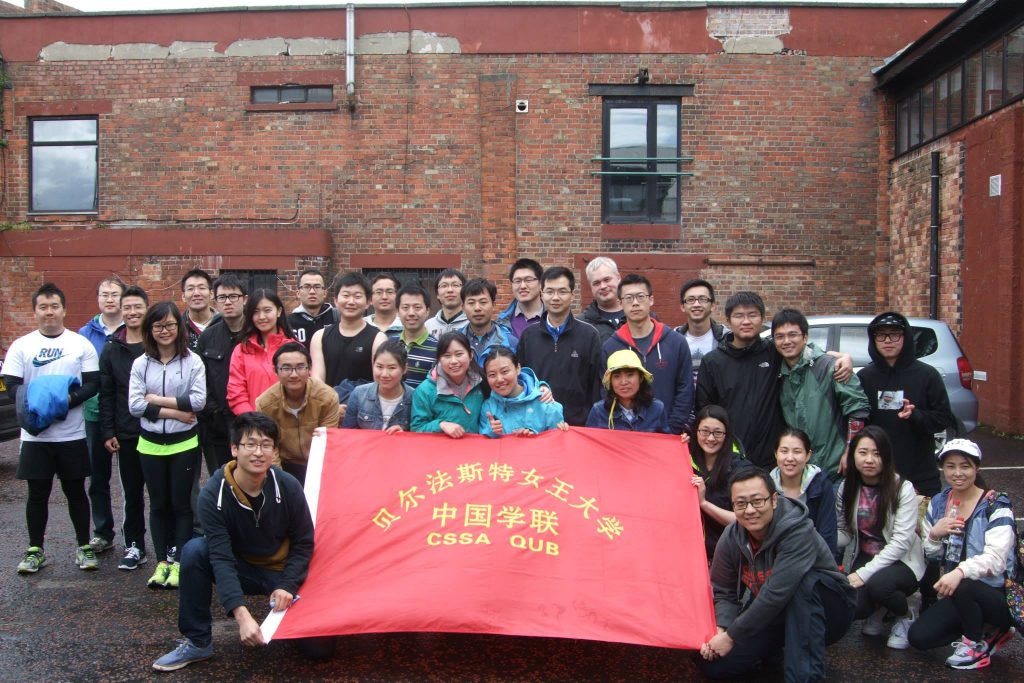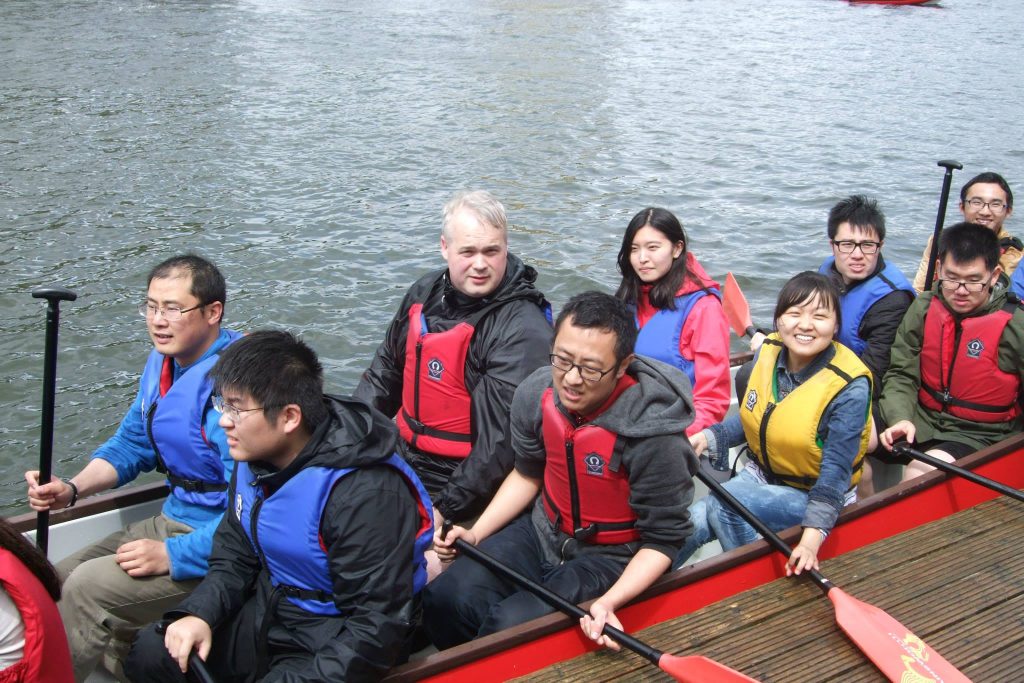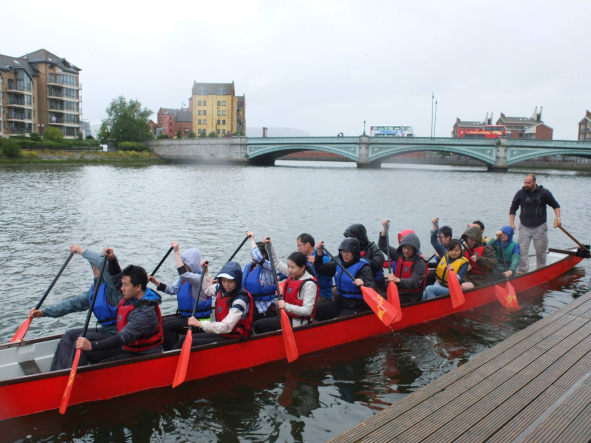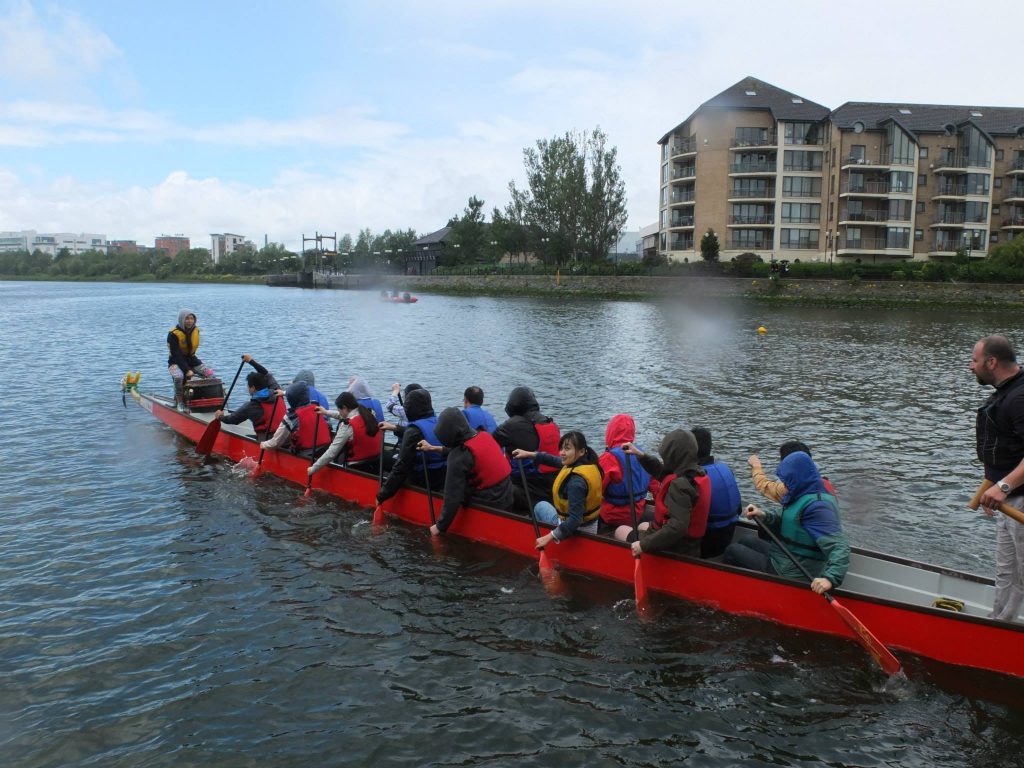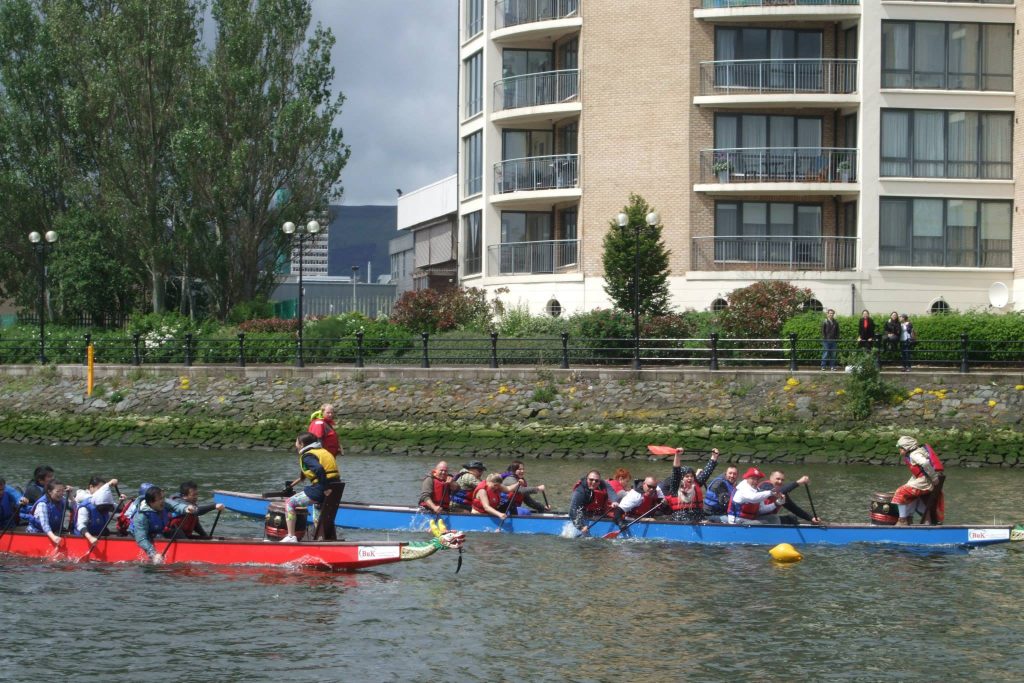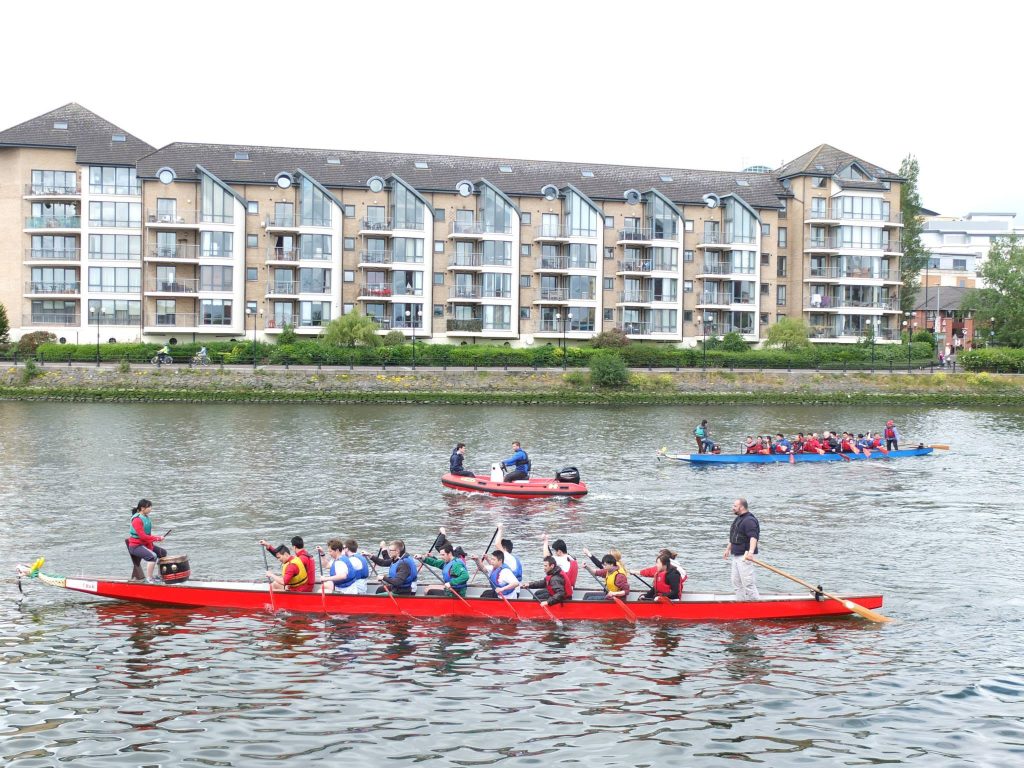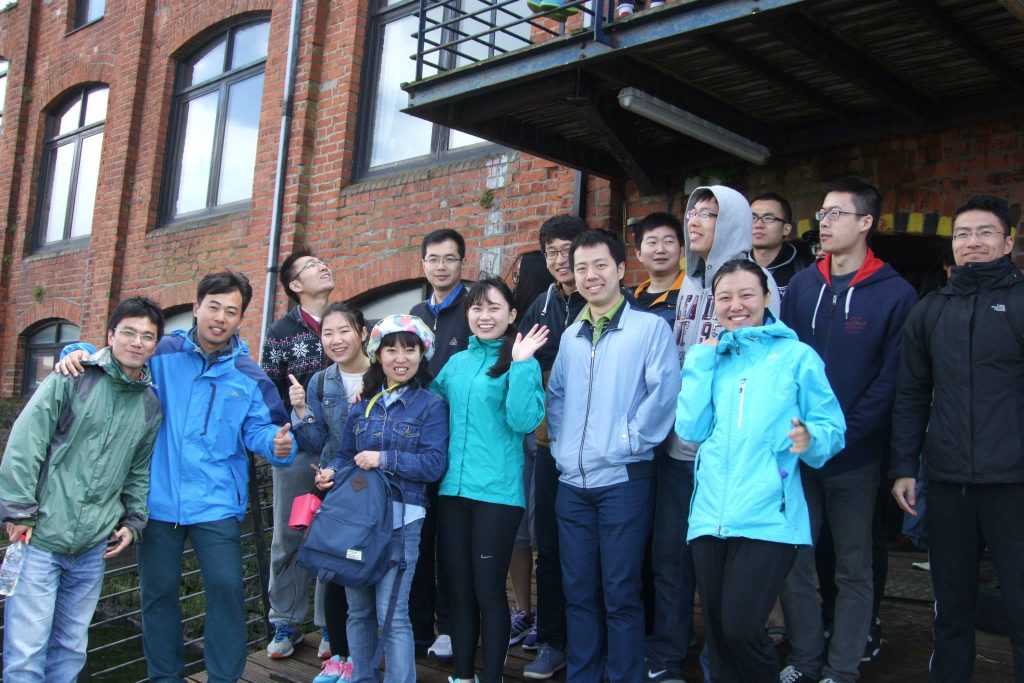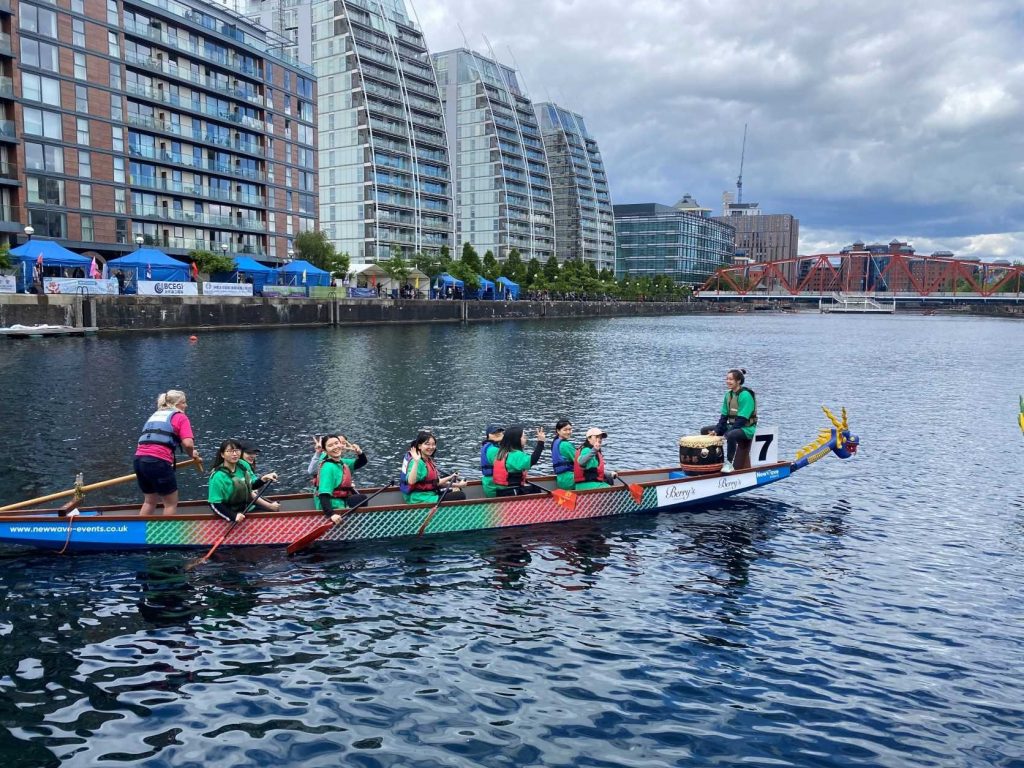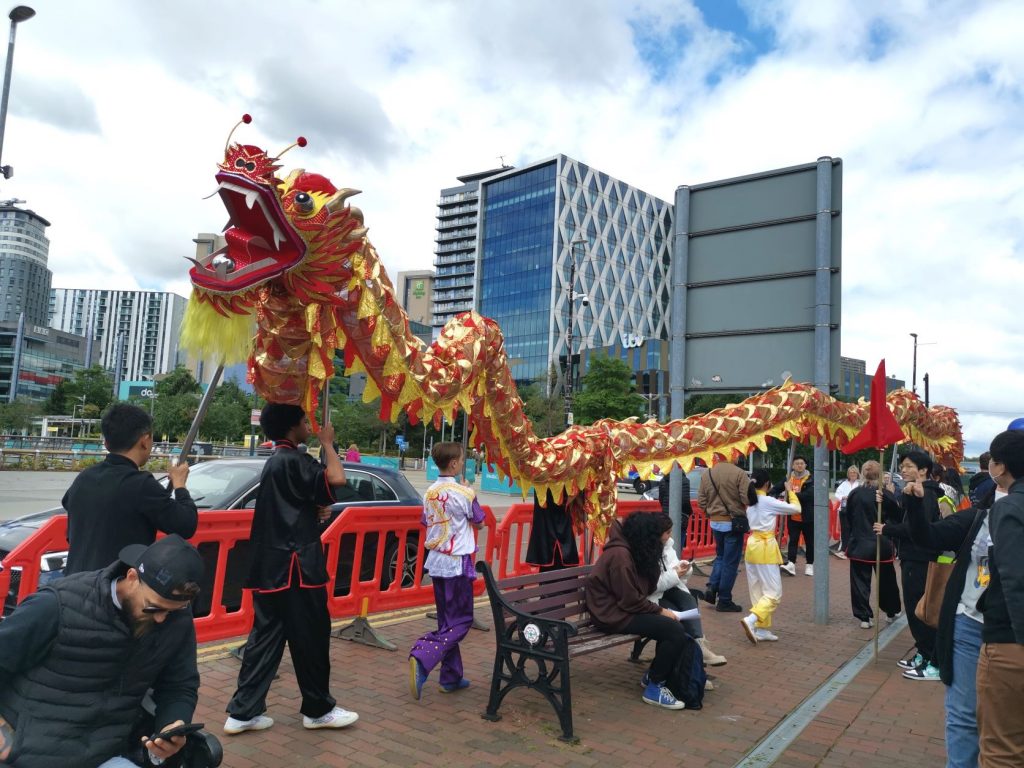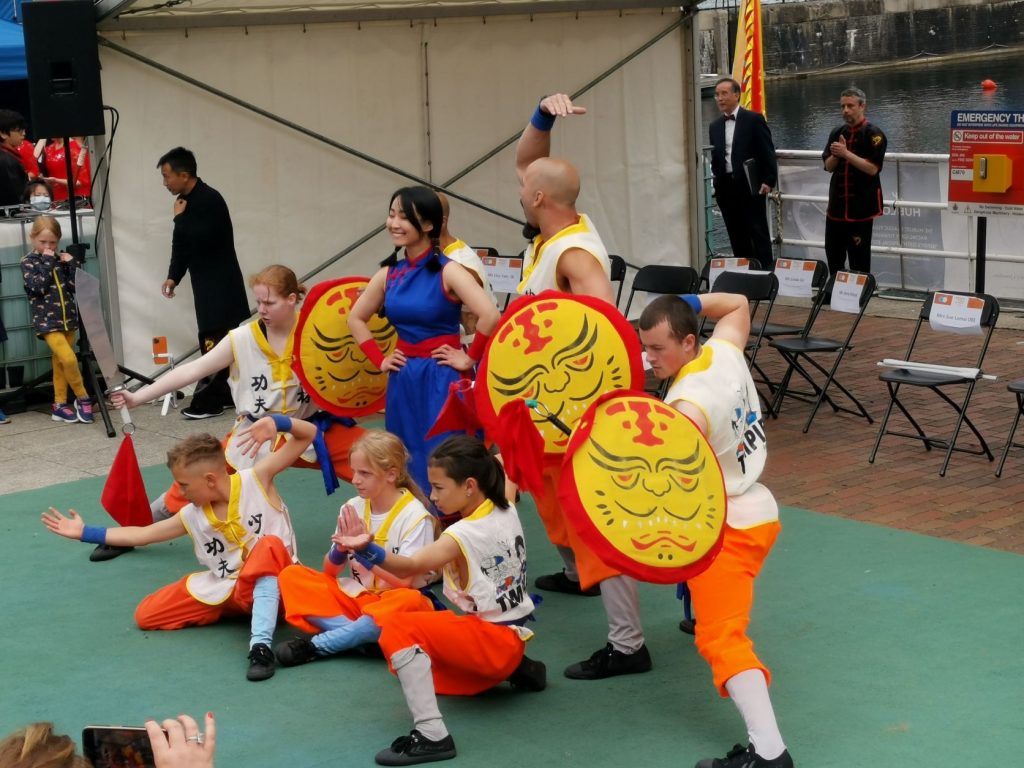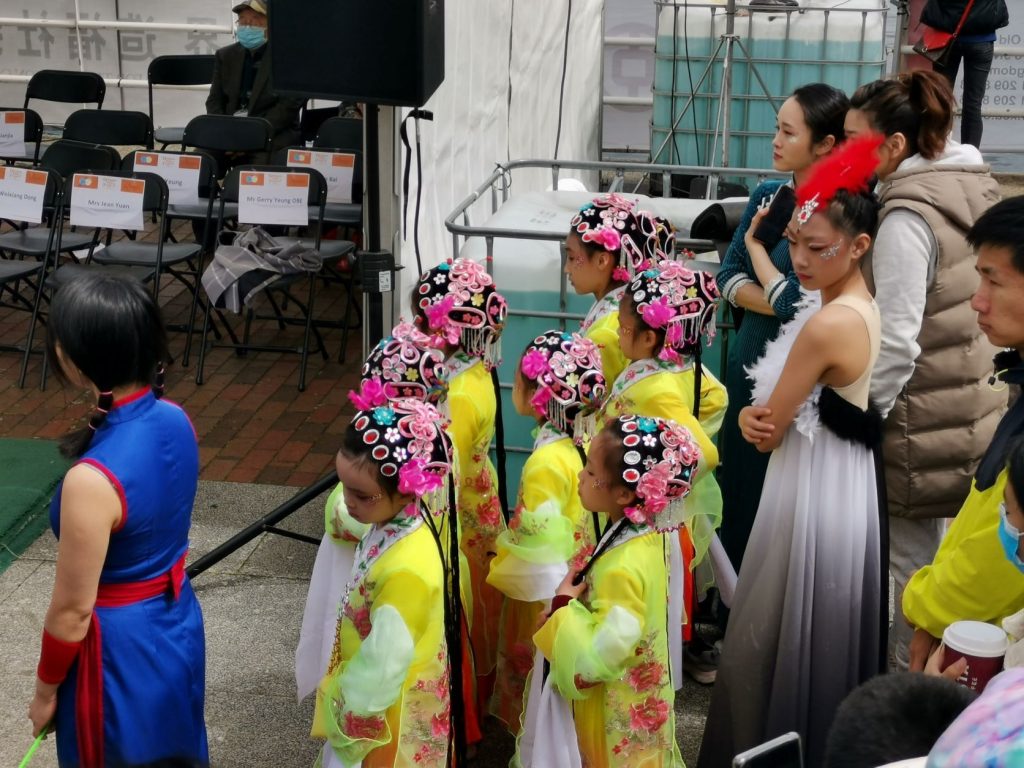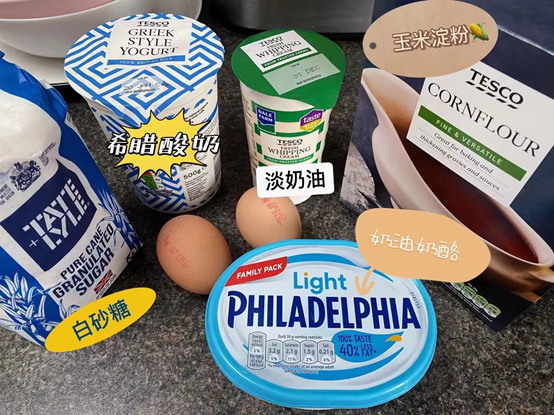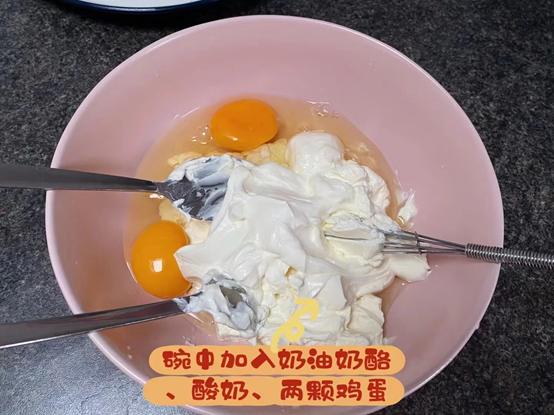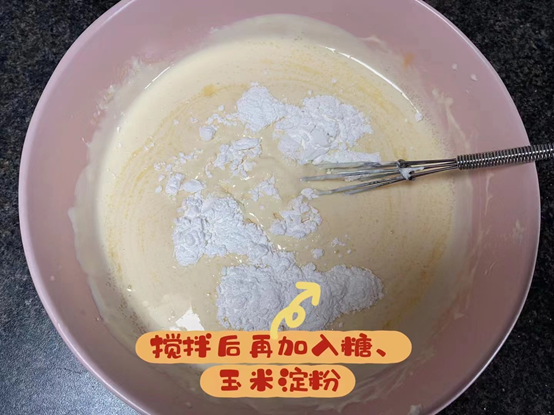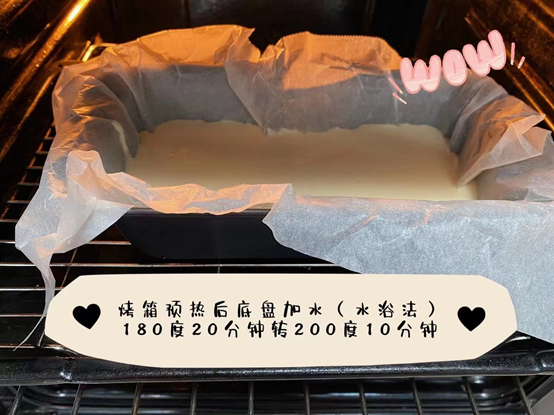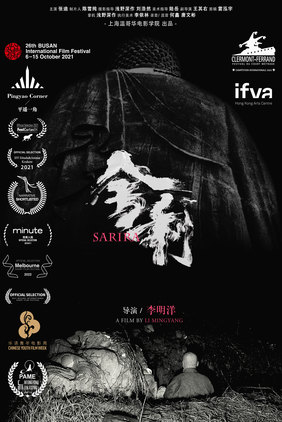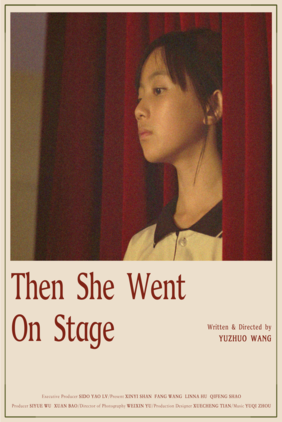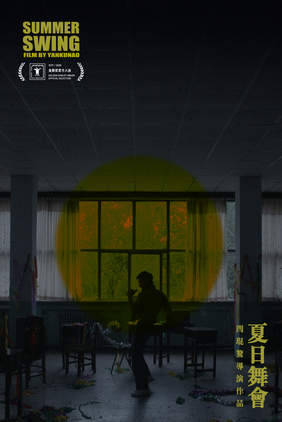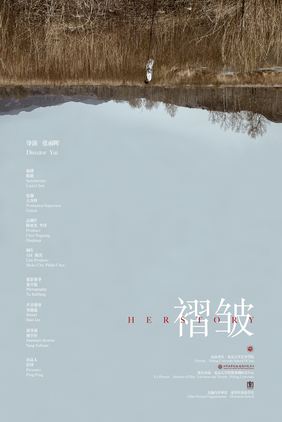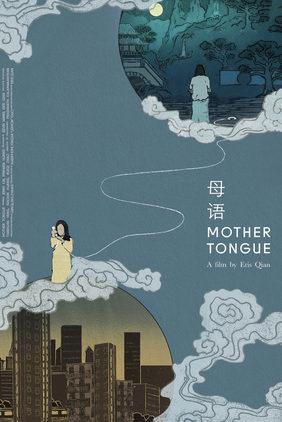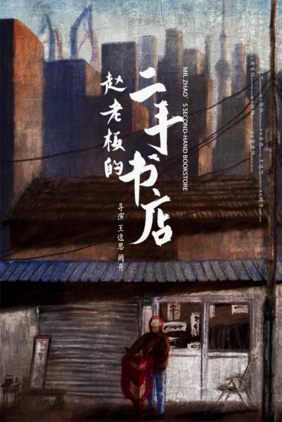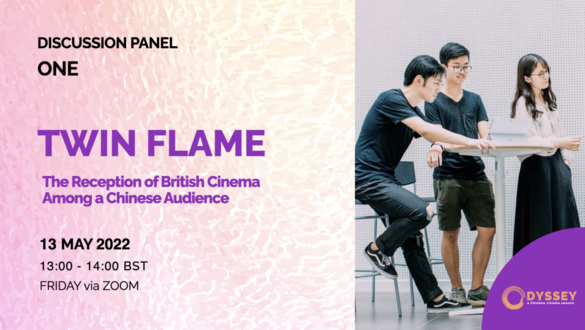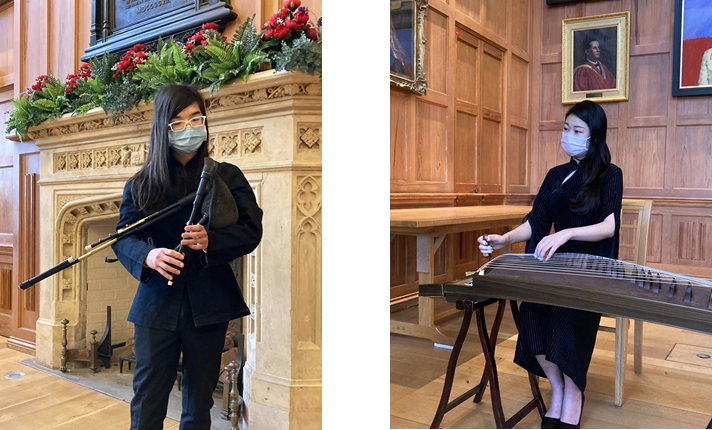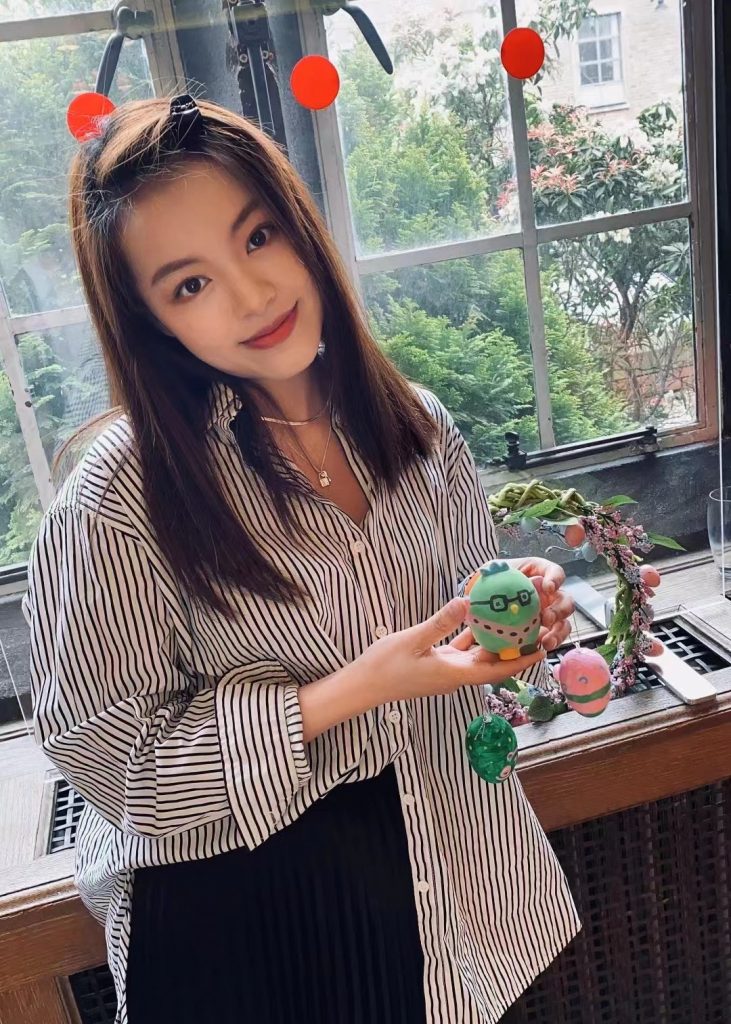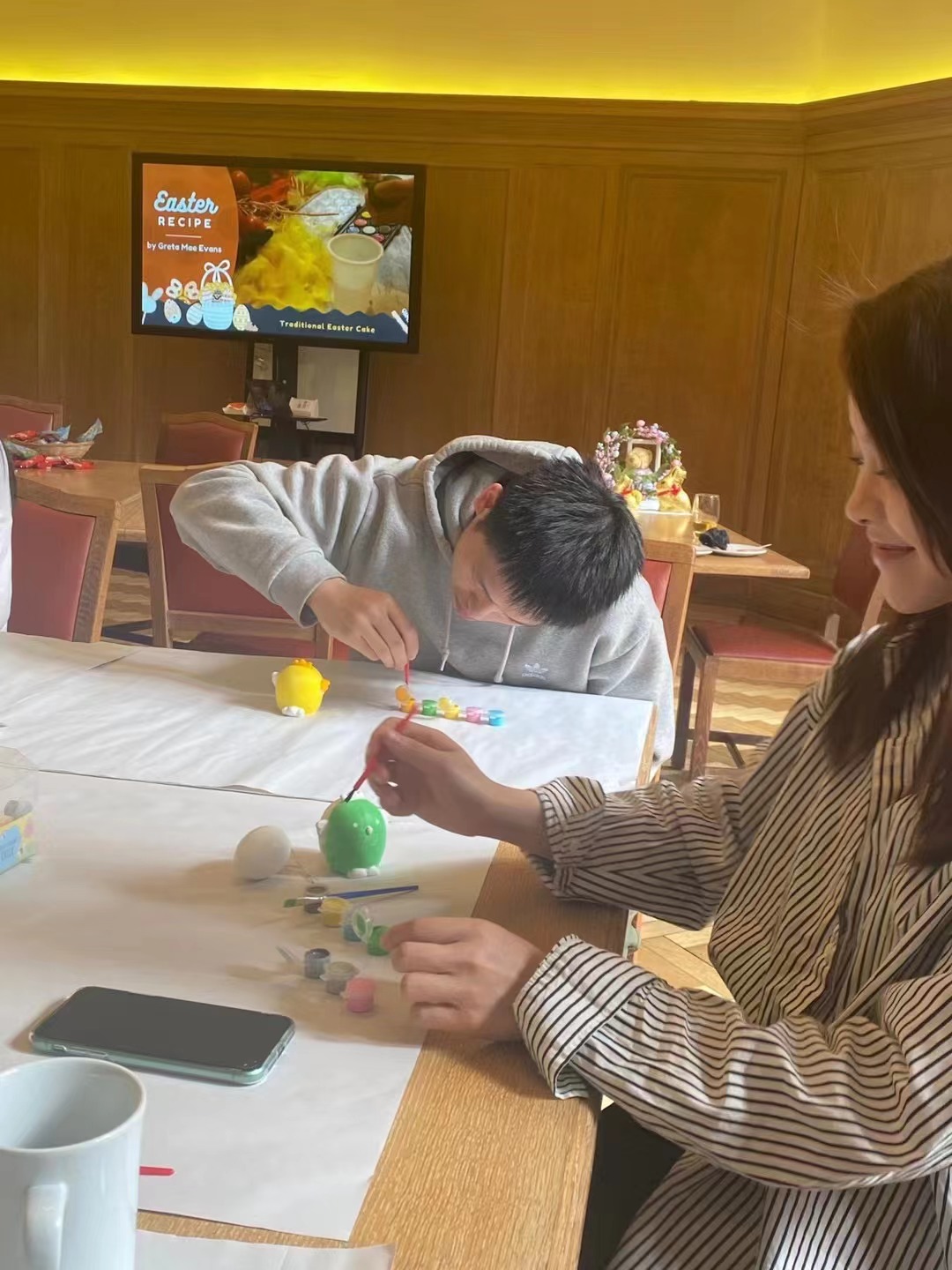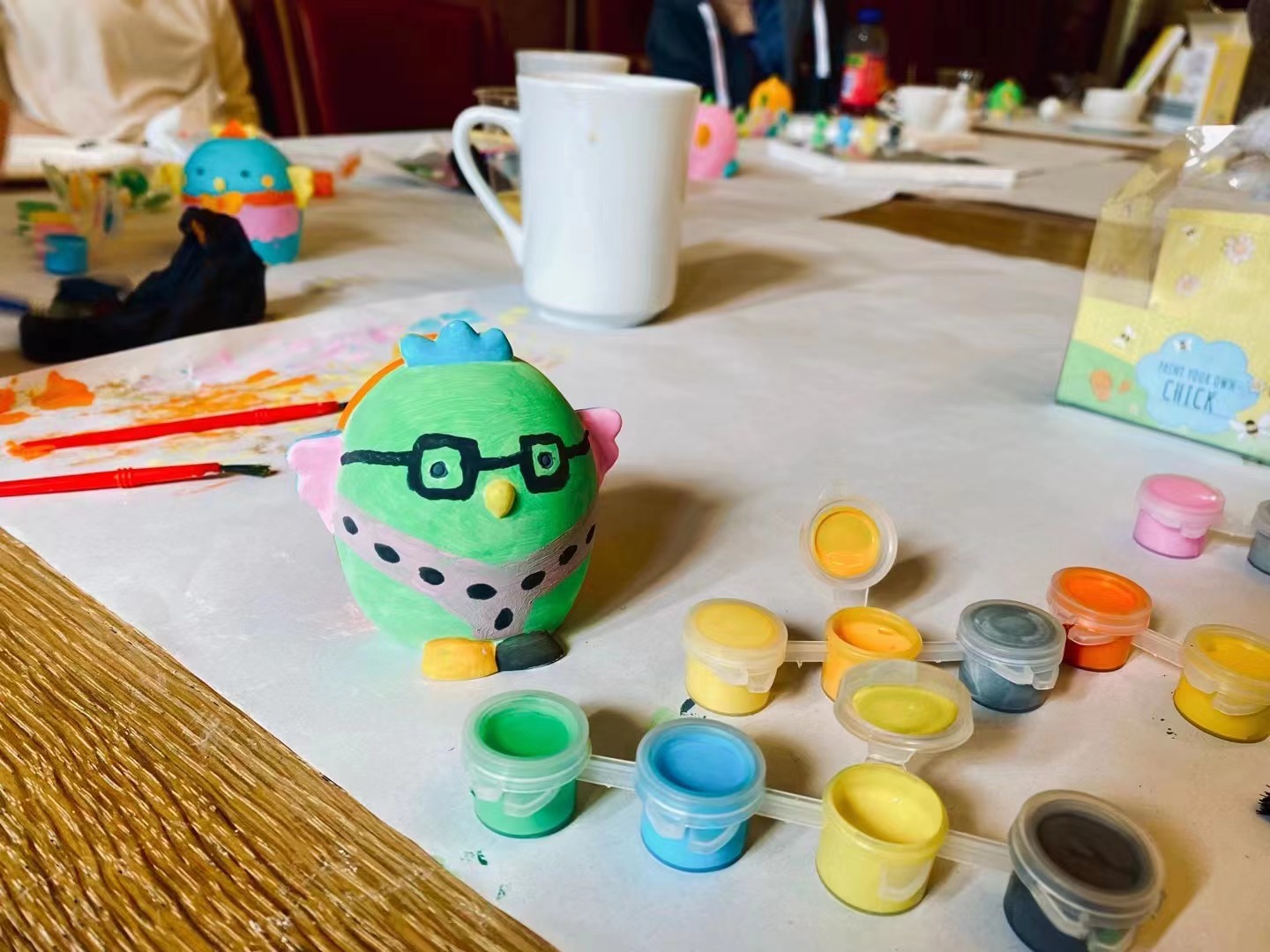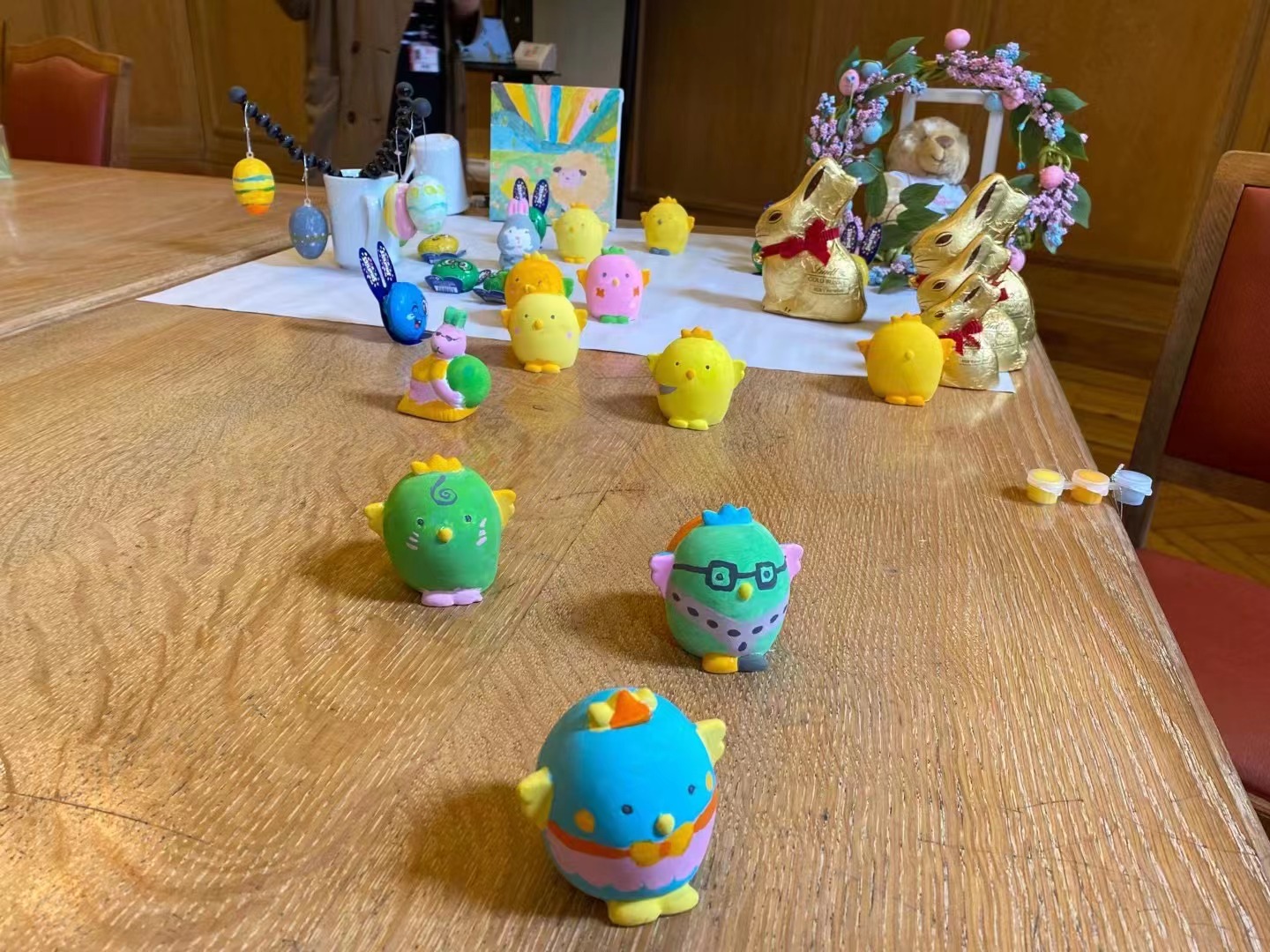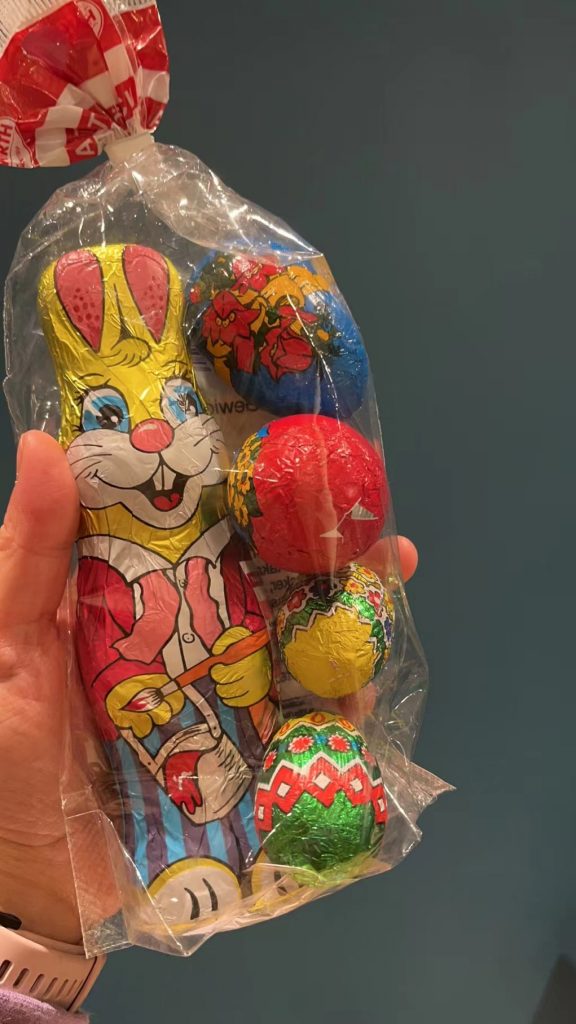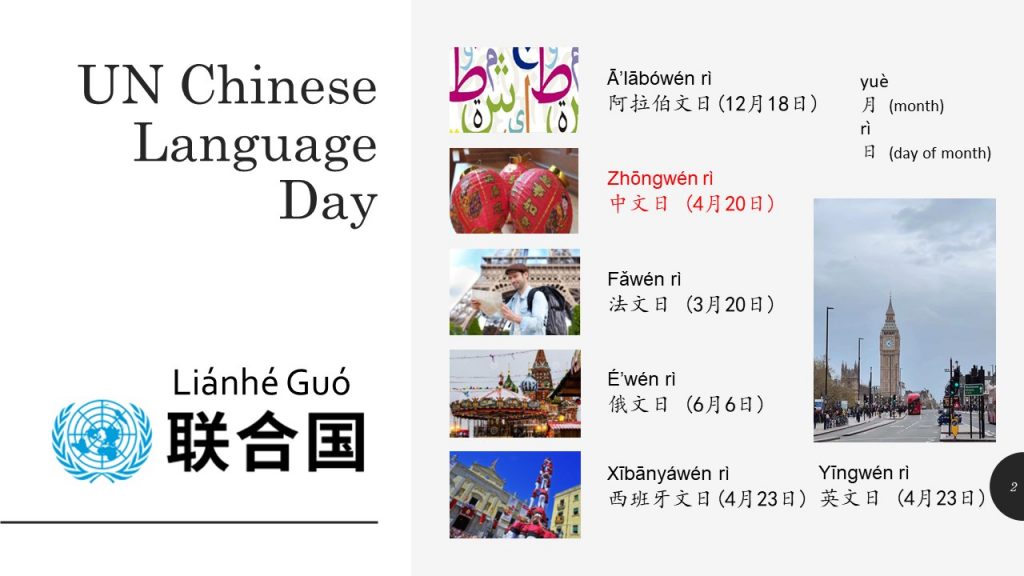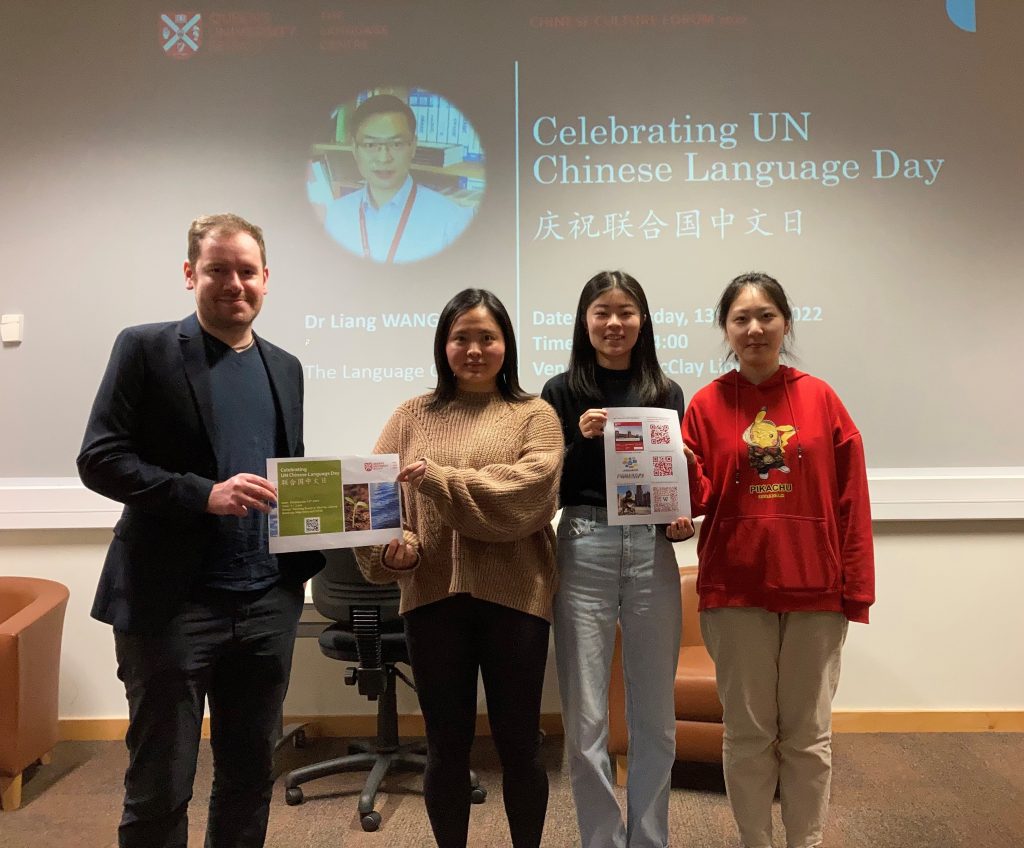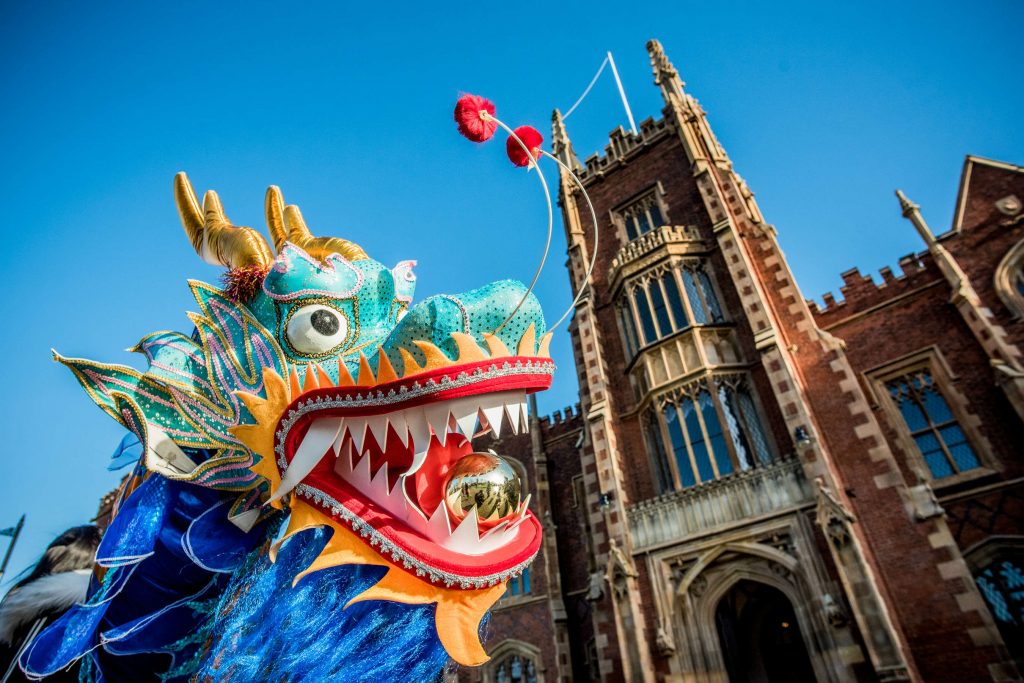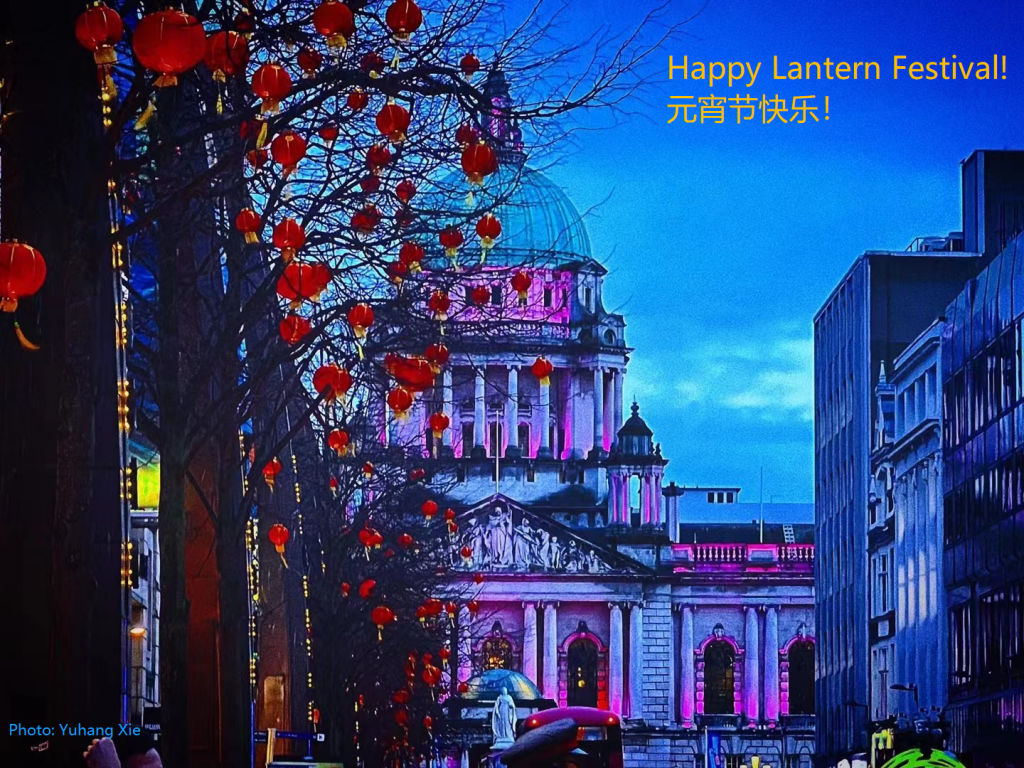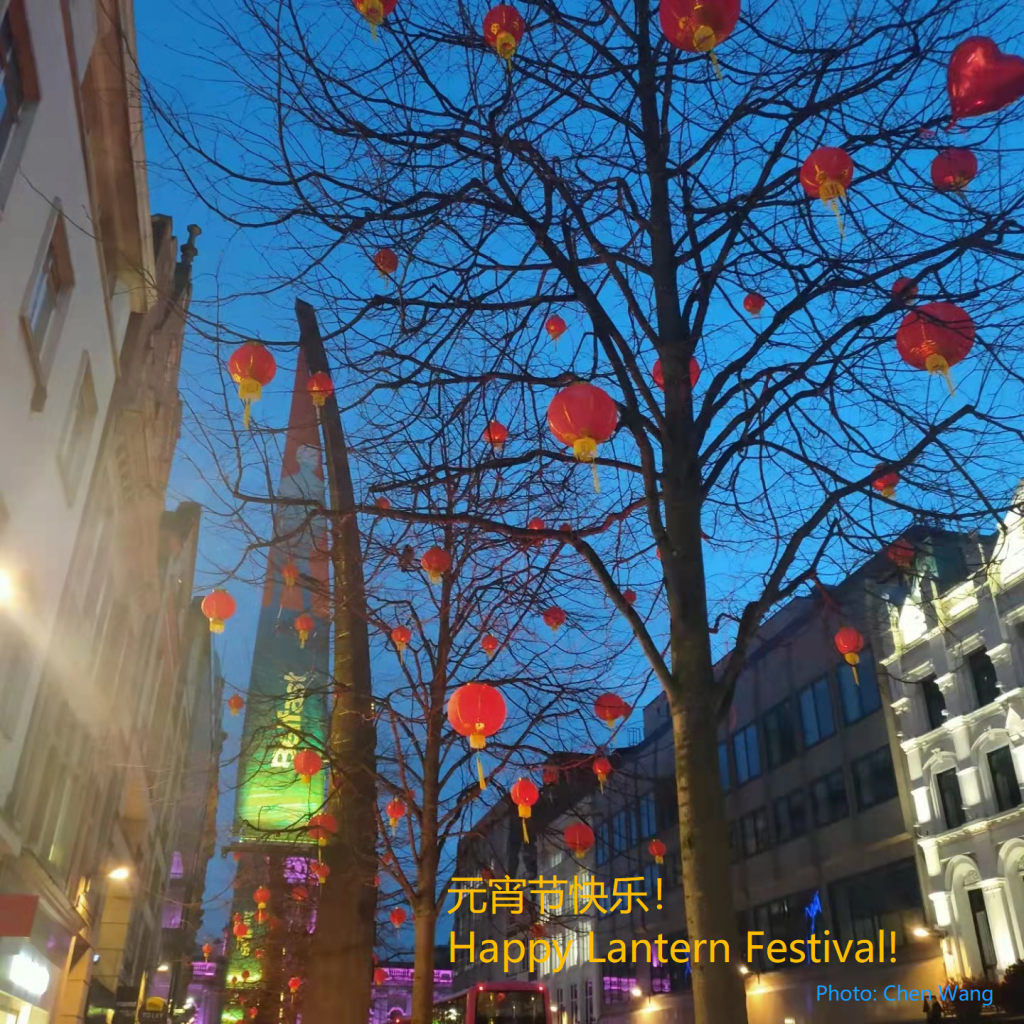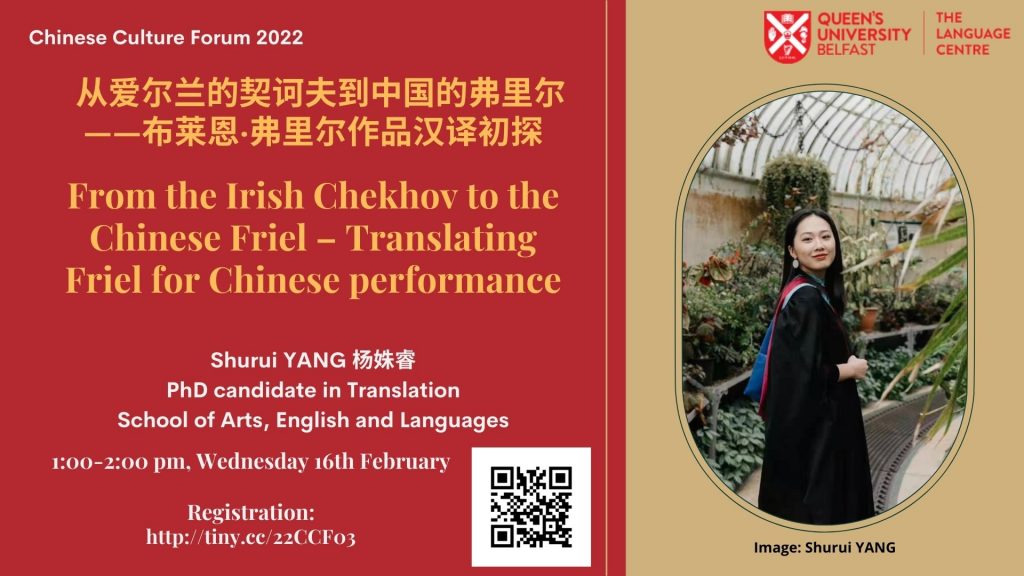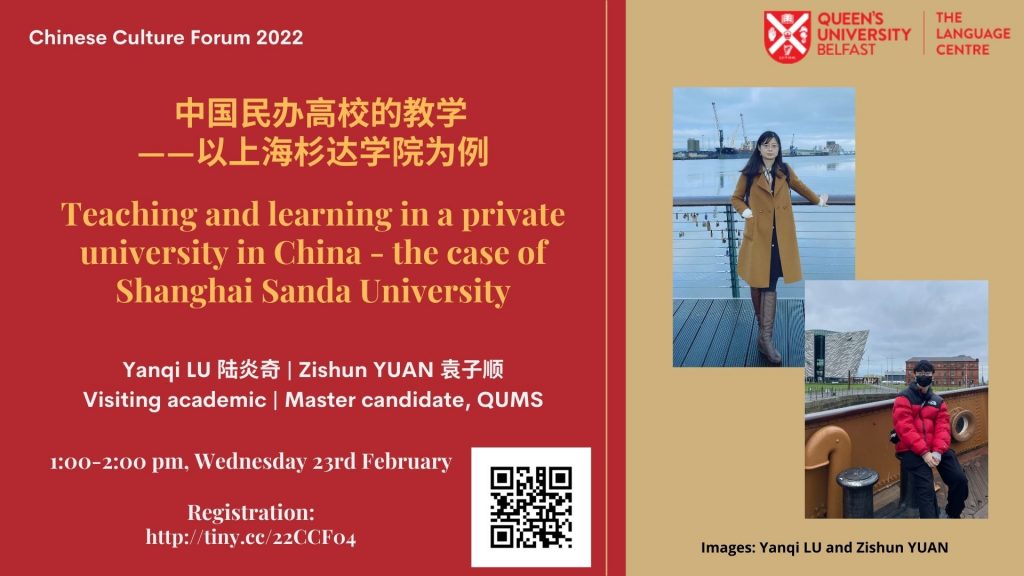Happy Chinese Dragon Boat Festival! 龙舟节快乐!
The Dragon Boat Festival, or Duanwu Festival (端午节 Duānwǔ jié), is a traditional Chinese festival with a history of over 2000 years. It occurs on the 5th day of the 5th month in Chinese lunar calendar, which falls on Friday 3rd June this year.
Duanwu Festival is widely known as Dragon Boat Festival (龙舟节 Lóngzhōu jié) to the rest of the world, as one of its celebrative events – dragon boat racing – has become so popular (受欢迎 shòu huānyíng) in the world.
Today, we would like to invite Dr YAO Xudan (姚旭丹) to introduce dragon boat racing and share with us her interesting experiences of joining in races when she was in Belfast and more recently in Manchester.
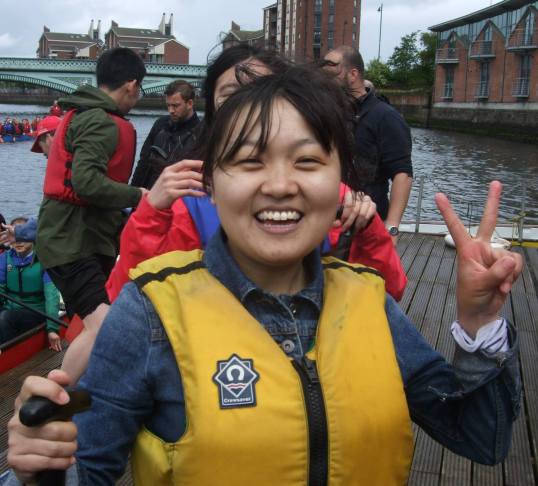
Image@LiangWANG
YAO Xudan (姚旭丹) studied her PhD in Queen’s University Belfast from 2014 to 2018. Afterwards, she joined the National Graphene Institute, University of Manchester, as a postdoctoral research associate. Currently, she is continuing her research in Queen Mary College, University of London.
Dragon Boat Racing in Belfast
When I was doing my PhD at Queen’s, I joined dragon boat racing as a paddler twice in 2015 and 2016, as a member of Team QUB, which were organised by Chinese Welfare Association NI. People from different professional backgrounds, including universities, associations, boat clubs, etc., signed up for the events with full enthusiasm. Chinese food was prepared and supplied to all participants. Although we did not win in the end, everyone enjoyed the teamwork spirit (团队精神 tuánduì jīngshén) during racing, despite the bad weather. My colleagues from Spain and India were so excited that they wanted very much to follow up celebrations as such in the future. I believe that our traditional culture (传统文化 chuántǒng wénhuà) could be shared and accepted widely in this engaging way.
Dragon Boat Racing in Manchester
On 29th May 2022, the Chinese Dragon Boat Festival was held in Manchester, with 36 teams from universities, companies and institutions participating in the competition. With my previous experience of Belfast races I joined one of the University of Manchester teams, which was formed by all girls. The morning was a bit wet but fortunately it became sunny during the race. Again, although we could not enter into the final competition (决赛 juésài), we were satisfied with our great team performance and enjoyed ourselves. Apart from the racing, the festival also included Chinese kung fu performance (功夫表演 gōngfu biǎoyǎn), singing (唱歌 chànggē), dancing (跳舞 tiàowǔ) and tasting (品尝 pǐncháng) traditional Chinese food such as zongzi (粽子 zòngzi), baozi (包子 bāozi), marinated eggs (卤蛋 lǔdàn), making it an exciting and fun experience.
Overall, dragon boat racing is really one of the wonderful occasions for people to get together and celebrate our traditional festival, as well as to enhance intercultural communication and understanding between people of different communities.
About dragon boat racing
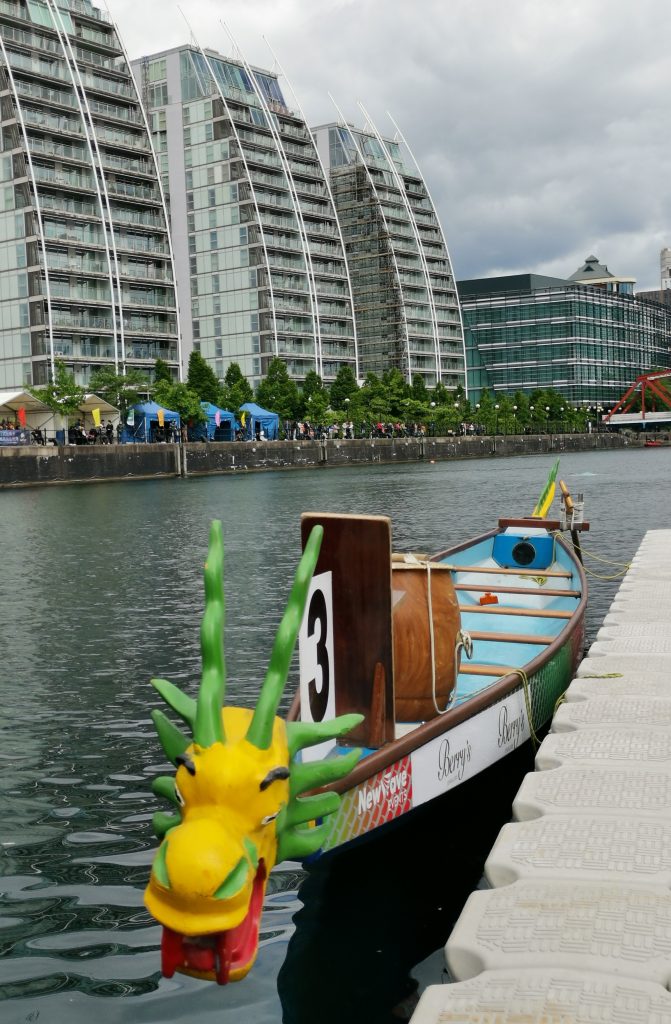
Dragon boats are human-powered watercrafts originally made of wood, and in modern times upgraded into carbon or glass fibre composites, as well as other lightweight materials. They are universally decorated with a Chinese dragon head and tail. For racing, a standard dragon boat typically consists of 20 paddlers, one drummer facing toward the paddlers, and one steerer. However, there are also small boats with a capacity of 10 paddlers.
Image@XudanYao
Author: YAO Xudan
Editors: Martin Duffy and WANG Liang
Have you joined any boat racing events before? You are very welcome to share your experience by using the comment box below.
More to read
Here are posts about our past celebrations of Dragon Boat Festival, if you are interested in getting to know more about our celebrations at Queen’s.
QUB boat racing event
After a 3 year absence the 16th annual Queen’s University Belfast Boat Race will take place next month, with Queen’s men and women rowers taking on Trinity College Dublin on Saturday 11 June 2022. As well as the main event there will also be junior races involving local schools racing over the 2km course.
